Gender equality has long been an issue in the United States, but within the past few years there have been major and impactful changes that have affected every woman in America. As the nation has brought in strong female leaders and worked on equal pay, there are still fights that have yet to be won. Everyday women are discriminated against for nothing more than being a woman. The clear injustice between men and women has been getting smaller and smaller, but with the Pink Tax still being used there is no chance for equality.
Senior Niyati Kulkarni believes that sexism is still relevant in today’s society even with all the strong strides feminism has been making, “The discrimination between men and women has always been around, but now the inequalities are not as clear, which does not change the importance of them. Equality is getting better, but there are still underlying inequalities that are invisible to the public eye,” she discussed. “People are under the impression that even by paying women less, they still have the money to afford overpriced products. Most of the products targeted for women are not even to the quality as the less expensive men’s items.”
This tax came to be due to the belief that women are the spenders of the household and by targeting them as a demographic businesses would be able to make more money. The prejudice private companies have has done nothing other than create an unequal playing field. Increasing prices for women’s products is just another way to push them back in their fight for equality.
The Pink Tax is not a literal tax, instead it is an increased price for the exact same product a man would buy, but for a cheaper price. The only difference is that one has a more feminine look than the other. This tax goes from toys to clothing to basic necessities, causing women on average to pay 7% more than men will ever have to. Other than the packaging color, the products are the exact same.
Senior Natalie Carslake has noticed that most of her paychecks have been going towards healthcare products, “As I have walked through the aisles at Target or Walmart I have always noticed that there was a clear difference between the pricing on mens and womens products. I always thought that was normal, it is just something I have grown accustomed to,” she explained. “You would think that a more expensive product is of higher quality, when in reality it isn’t even up to the quality of the cheaper option. If I am to be paying extra for a necessity then there better be more to it than just the color of the packaging.”
Not only is there an increased charge in merchandise, but there is an even larger one on services. Companies are able to charge women more for simple things such as automotive maintenance, hair-cuts or even trips to the dry cleaners. Everyone has to use a service at some point in their lives, but not everyone has to pay a higher price for it.
Although the Pink Tax is not a real tax on products, it is an increased cost for many basic needs. Many products are priced differently for men and women, even if they are the exact same thing. The discrimination of women in the American economy is not just due to increased prices based on more “feminine items,” instead it is a tax for basic healthcare necessities.
The Tampon Tax is a tax placed on menstruation products by a state’s government. This tax is targeted directly at those who menstruate, the majority of those being females who are already paying more for hygiene products. The financial disadvantage from unequal pay makes it difficult for women to pay for the Pink Tax, let alone the Tampon Tax.
Senior Makena Richards feels as though periods should be a more normalized subject in daily life and in schools, “I think that people, politicians especially, do not talk about periods simply because it makes them uncomfortable considering most are men. They use taxes as a way to brand period products as non-essential, luxury items helping them to avoid the discussion of period health.” she said. “Period products are expensive enough as it is, but the added tax makes an already costly purchase almost unreasonable.”
One of the main reasons the Tampon Tax is still around in 30 states, including Iowa, is because government officials are afraid of losing revenue from these already expensive products. The average American woman pays over $300 in Tampon Taxes during their lifetime, on top of the 7% increase price on other products.
Women have made great strides for equality within the past few years, but the process of paying for pink has left a larger gap between mens and womens equality. With women facing overpriced merchandise and taxed basic healthcare products it becomes clear that there is still more to change. Ensuring women’s rights is to be aware of the struggles they face and be a part of the positive change.








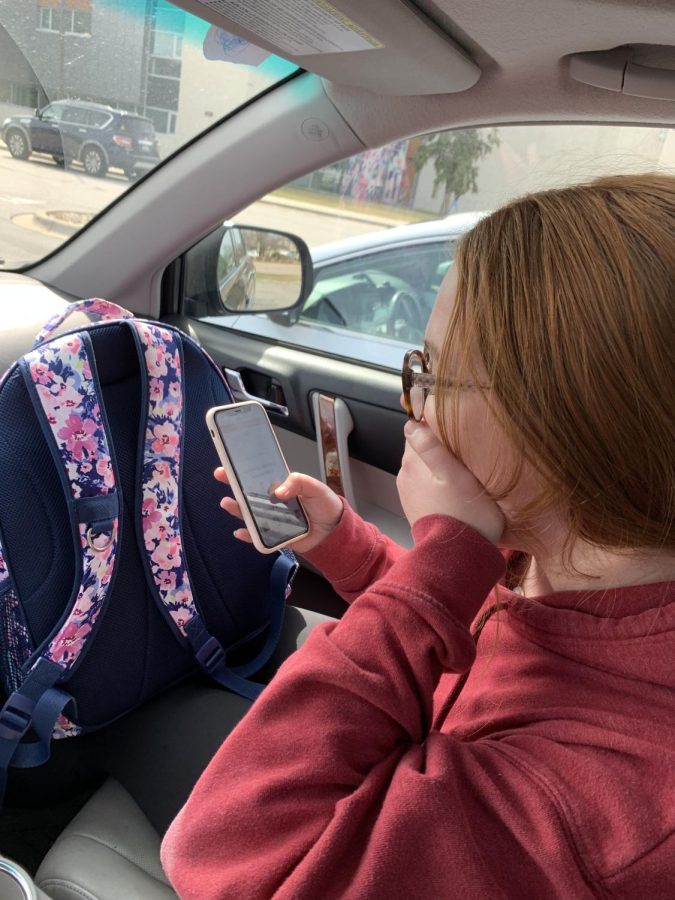
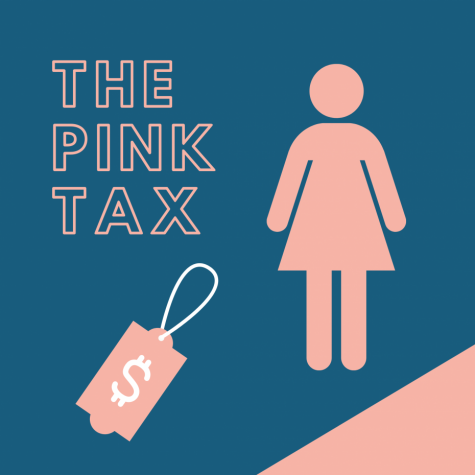




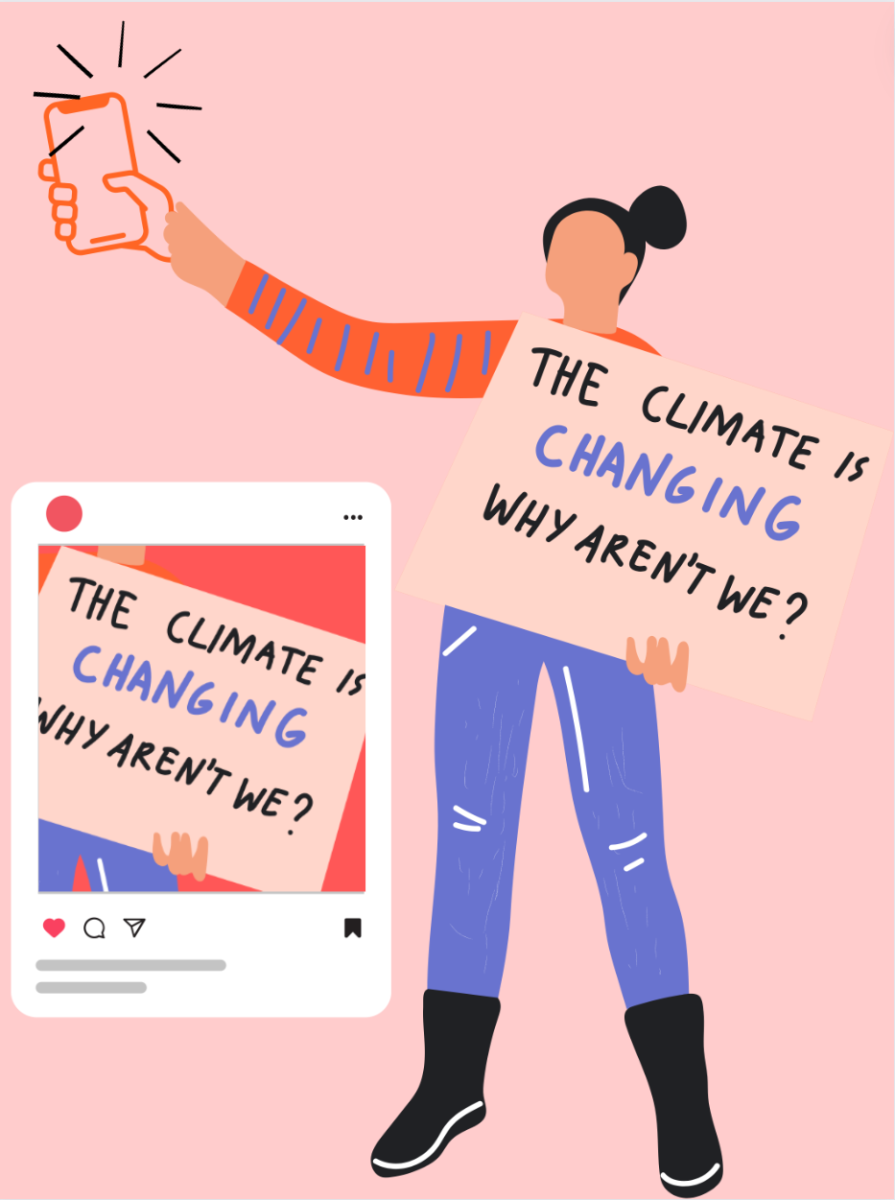

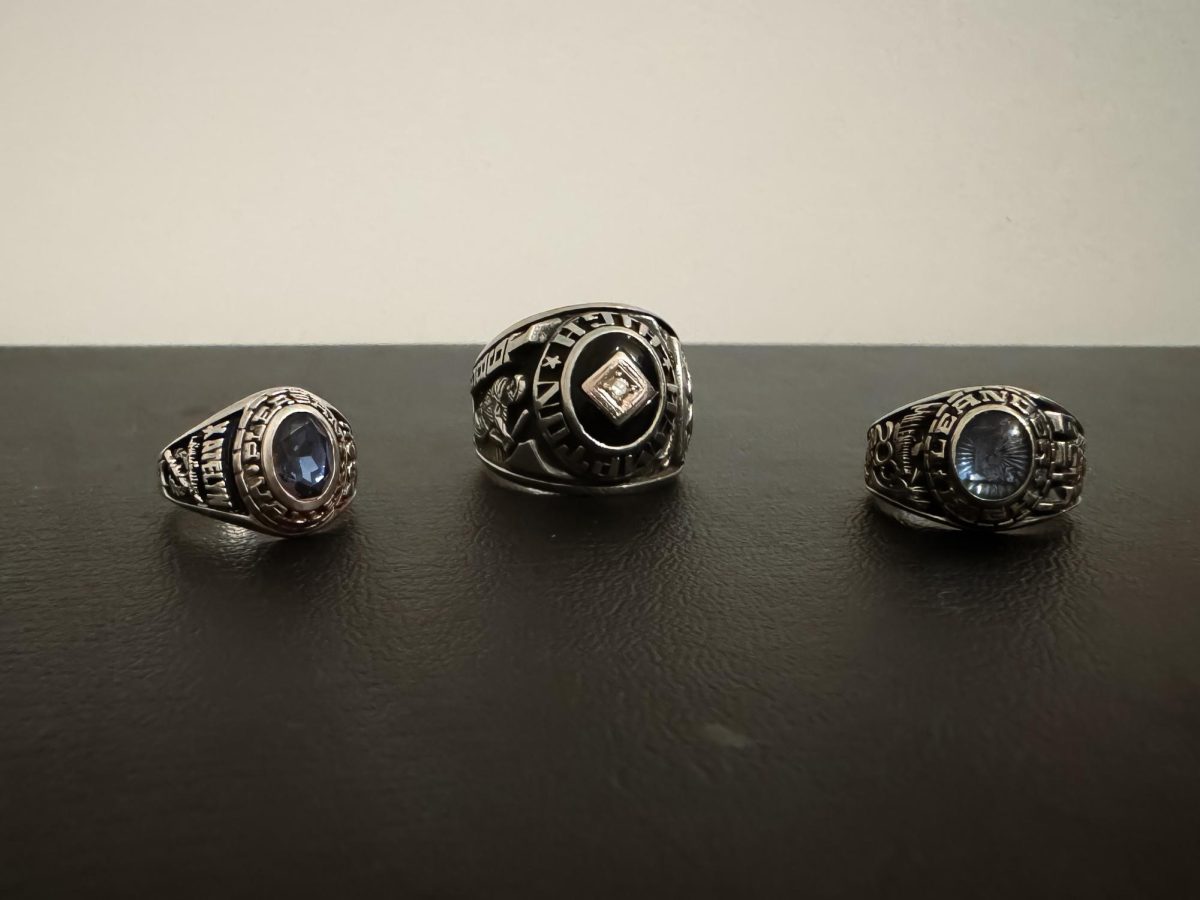
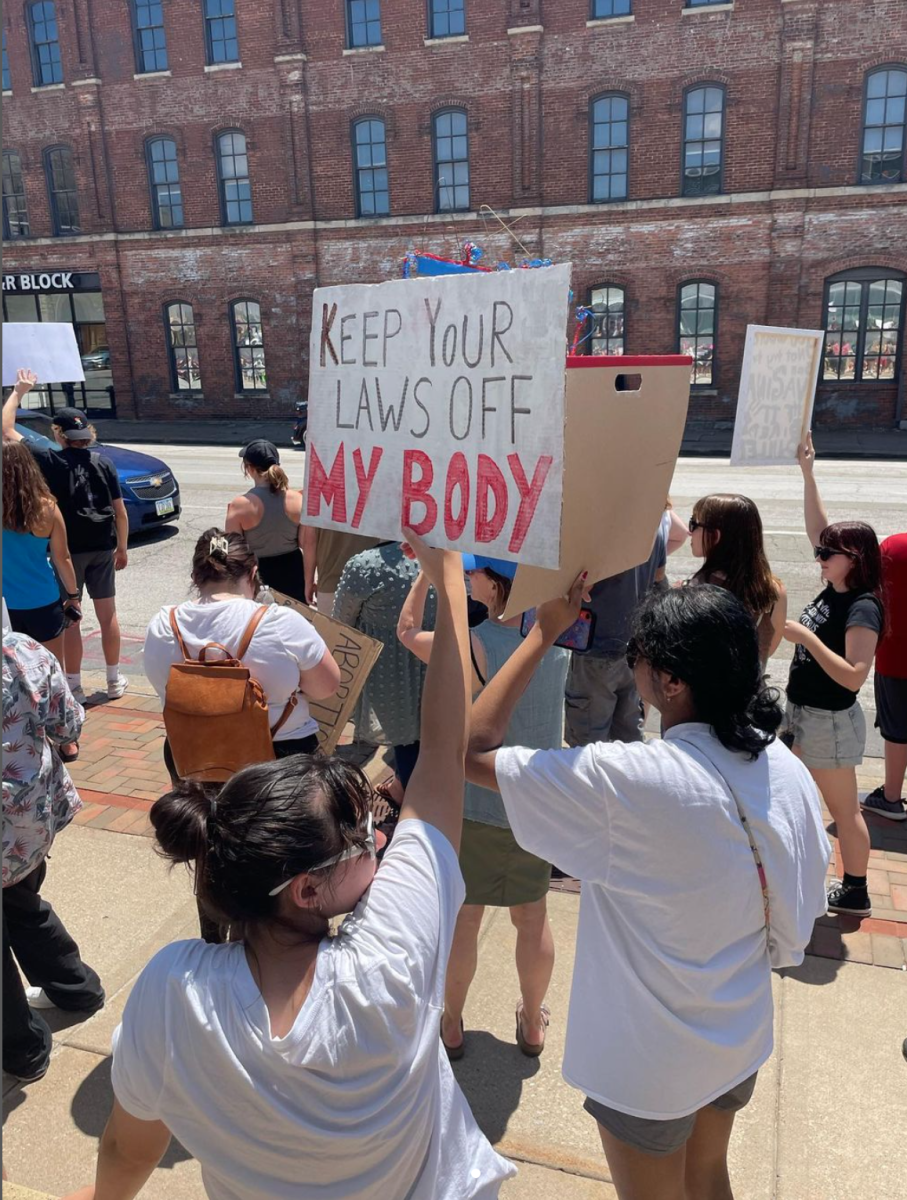

Anna Smith • Apr 29, 2022 at 3:52 pm
I never realized how far we still have to go with gender equality. It’s ridiculous how women pay an average of 7% more. And then there’s the tax on a necessity that women need every month that’s already pricey. All of that on top of women on average making less than men. Who thinks that’s fair? I’m glad that this article was written because it opened my eyes to an issue I haven’t noticed that much. It’s 2022. We’re supposed to be accepting and not discriminate. It’s still a huge problem though.
Makena Richards • Mar 31, 2022 at 9:14 am
This article deals with such an important topic. It shares the injustices that are still experienced by women despite the belief that gender inequality has been taken care of. It’s crazy to me that the exact same product for boys and girls is more expensive for girls solely because the packaging is pink. On top of that, the tax on feminine products increases the price and inequality, especially since many of those products are packaged in pink. It’s unfortunate that some girls have just accepted this fact because it is unfair. Paying 7% more than men is a substantial amount when you factor in that many women make less money overall compared to men. This article brings attention to these inequalities in a real and honest way.
Elsa • Mar 30, 2022 at 9:15 pm
This article brings up a problem that I believe many aren’t aware of. I could relate a lot to the people who shared their input as I spend so much money monthly on feminine necessities. Women have to pay much more than men and it’s quite frustrating. Equality has improved but the pink tax is one of many factors preventing greater equality. Nobody truly cares about the packaging of a product especially when its a necessity. Before reading this article I never thought about how companies are able to charge women more for simple things such as automotive maintenance, hair-cuts or even trips to the dry cleaners.